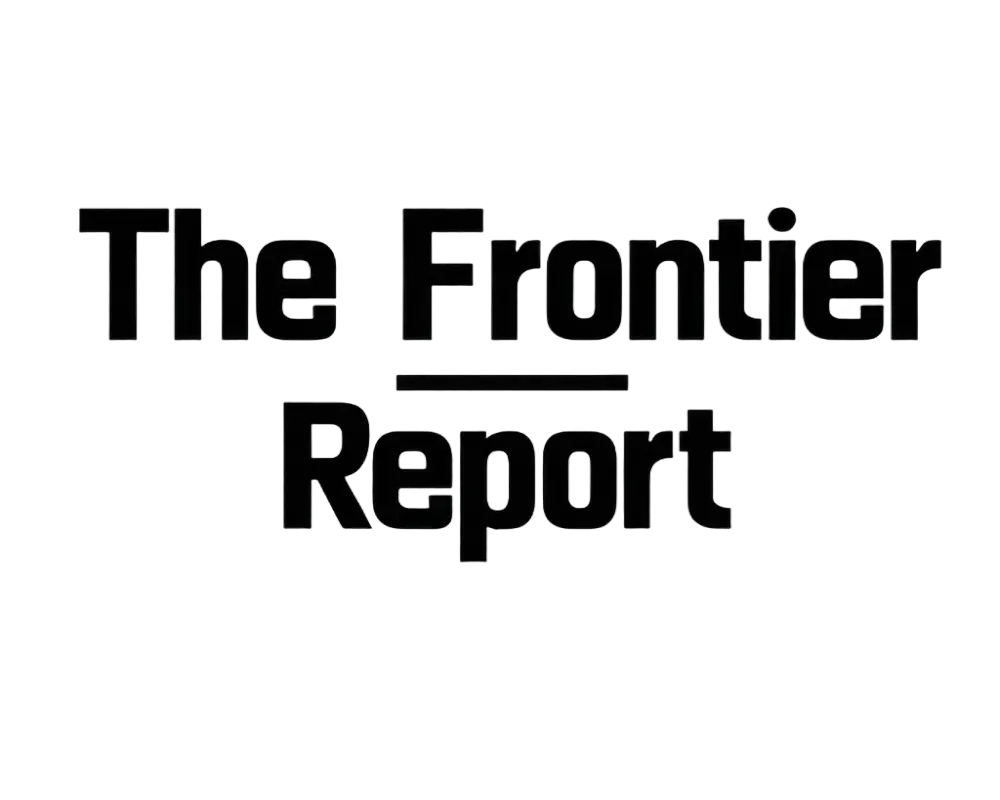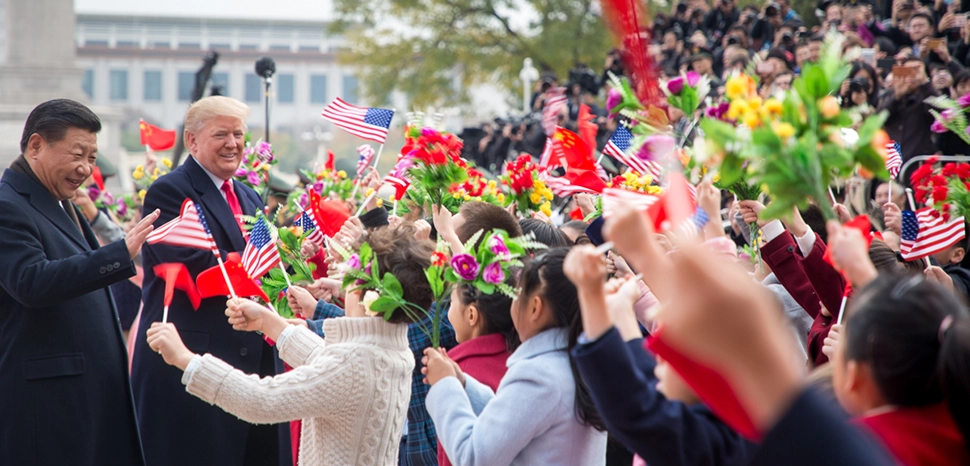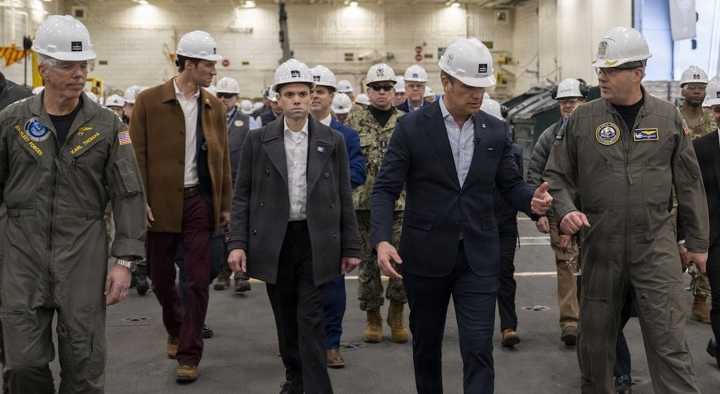The U.S. is stepping back from Africa, and China’s sliding right in. This isn’t a small shift. It’s a global power change that could reshape mineral supplies, security ties, and U.S. pull on the continent.
Geopolitical Monitor says Donald Trump’s Africa policy cut foreign aid sharply, scaled down work in global programs, and leaned on quick, transactional deals instead of steady diplomacy. This pullback has sent many African countries looking for other partners—ones who can bring cash, infrastructure, and markets without demands on politics.
U.S. Pullback Creates a Strategic Vacuum
Geopolitical Monitor says Trump’s Africa plan cut aid hard, ditched global programs, and chased short wins over long ties. That’s pushed African countries to find other partners—ones who bring money, projects, and markets without political lectures.
China saw the gap and jumped. Its Belt and Road Initiative is throwing up ports, railways, and power plants while locking in trade and political deals. African economies are getting tied closer to Chinese money and tech.
Critical Minerals: The Heart of the Competition
According to Geopolitical Monitor, President Donald Trump’s policy approach to Africa has been marked by sharp reductions in foreign aid, reduced participation in multilateral programs, and a preference for transactional, short-term deals over sustained diplomatic engagement. Washington’s retreat has left many African nations searching for alternative partners—partners who can provide investment, infrastructure, and market access without political strings attached.
China has stepped in decisively. Through its Belt and Road Initiative (BRI), Beijing has expanded its network of infrastructure projects—ports, railways, power plants—while deepening commercial and political ties. The result is a growing dependency on Chinese capital and technology across much of the continent.
Critical Minerals: The Heart of the Competition
Africa’s loaded with cobalt, lithium, and rare earths—needed for electric cars, electronics, and weapons. The Democratic Republic of Congo alone makes more than 70% of the world’s cobalt.
Trump’s team floated one-on-one deals: help with infrastructure in exchange for minerals. But without cash for refining—where China’s already king—those deals don’t change much.
China’s state-backed companies are grabbing mines, building plants, and signing supply deals for decades. That keeps the resources in Chinese hands and gives Beijing muscle in clean energy and defense.
Transactional Diplomacy vs. Soft Power
The U.S. used to mix trade with democracy support, schools, and health programs. That bought lasting goodwill.
That’s eroding. Brookings says Trump’s focus on quick payoffs over steady growth kills trust and makes U.S. offers less tempting. Many leaders under budget stress take China’s “no questions” money, even with heavy debt.
When the U.S. drops aid and governance work, China moves in with huge, shiny projects labeled as friendship. The story starts painting China as Africa’s main partner.
A Pattern Beyond Africa
Africa’s just one part of the pullback. The U.S. left the World Health Organization and the Trans-Pacific Partnership, leaving space for others. China filled it, pushing itself as a global leader—through its Health Silk Road during COVID-19 and new trade pacts.
In Africa, it’s not only minerals and ports. China’s in tech, telecoms, and defense. Its 5G networks now run communications in several countries, giving Beijing an edge in data and security.
Strategic Consequences for the U.S.
Losing Africa isn’t just bad optics—it’s risky. If China runs mineral supplies, U.S. industries from electric cars to advanced weapons could get squeezed.
Chinese control of ports and transport also matters militarily. Civilian sites could be flipped for navy use, putting China in the Atlantic and Indian Oceans.
Turning it around takes more than speeches. It means funding infrastructure, building refining plants, and earning back trust with long-term deals.
The Road Ahead
The U.S. still has a shot. Africa’s not one block, and plenty of countries want options. Deals that blend investment, training, openness, and respect for local rules could still land.
But the clock’s ticking. Each port China builds, each mine it takes, each rail it lays makes its grip tighter. Wait too long, and the minerals, contracts, and loyalties will be gone.









